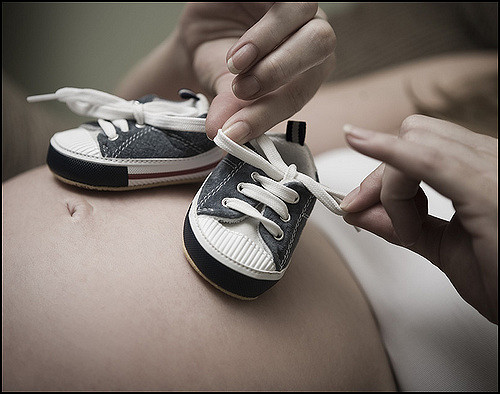
A very interesting piece of research has just been published in Obesity on suckling rats. Just in case you haven’t picked your copy from the News-agent, I thought I’d mention it here.
Now I know that a bunch (herd?) of suckling rats is quite different from from breast-feeding humans. For starters we have two less legs (and quite a few less breasts). But in the past, rat experiments involving fructose have produced identical results to subsequent human trials, so this research should not be dismissed out of hand.
The rat pups were divided into four groups:
- The Control group were left in peace to suckle from their mother’s teat;
- The Formula group were given yummy rat milk substitute;
- The Fructose group were given the same as the Formula group but had some fructose mixed in.
- The Galactose group were also given the same as the Formula group but they got some extra galactose.
At three weeks, the pups were weaned and put on to a normal rat food diet until they turned eight weeks old (about 5 years old in human terms). At that point the researchers changed the rat food for half the Control group by ensuring that they received 65% of their calories from fructose. This continued until the study ended after 12 weeks. By then the rats were the equivalent of eight years old. So some rats were just fed fructose for the first three weeks of their lives (while suckling) and then given a normal diet and they were compared to rats that had a normal diet until they were the equivalent of 5 years old when they were switched to a high fructose diet.
The rats that started life with fructose added to their formula were fatter than all of the other groups right through to the end of the study. Remember these rats were on healthy diets from weaning onwards and had no exposure to fructose beyond the suckling period. They were even fatter than the poor rats that were put on a 65% fructose diet (which is a lot even by our fructose infused standards).
Worse than that, the group fed fructose during suckling also had the worst results for insulin resistance and muscular fatty acid uptake. These last two are sure signs of insulin resistance in humans (and rats) which ultimately leads to Type II diabetes.
The study concludes that “Consuming fructose during suckling may result in lifelong changes in body weight, insulin secretion, and fatty acid transport involving CD36 in muscle and ultimately promote insulin resistance.” Suckling equates to the breast-feeding period in humans. If these results translate to us, it suggests that a child receiving fructose during the first year of its life may be programmed from day one for obesity and Type II Diabetes.
This study builds on a much earlier study done by the New Jersey Medical School (in 1997) which I mentioned in Sweet Poison. They noticed that suckling rats exhibit an immunity to fructose. But in the that study, the researchers were also able to make the pups take up more of the fructose by introducing it earlier in their diets (during suckling), thereby effectively destroying what little protection they had against the stuff.
Now all of this would be merely interesting (at least for rat aficionados) were it not for the fact that some humans do feed babies fructose during the breast feeding period. As far as we know, breast milk does not contain fructose but some of the substitutes for it definitely do. Many Soy formulas (about 20% of the US market) contain sucrose (which is 50% fructose) instead of lactose (which contains no fructose).
And these new results back up a 2005 study by the Children’s Hospital of Philadelphia involving 653 formula fed babies (after they had grown up) which concluded that:
“In formula-fed infants, weight gain during the first week of life may be a critical determinant for the development of obesity several decades later. These results contribute to the understanding of chronic disease programming and suggest new approaches to obesity prevention.”
I know this latest study is just a bunch of fat rats but it doesn’t look good for formula fed babies if the formula contains fructose or if breastfeeding is being supplemented with fruit juices or other sources of fructose.
















[…] Another study suggests ” that “Consuming fructose during suckling may result in lifelong changes in body weight, insulin secretion, and fatty acid transport involving CD36 in muscle and ultimately promote insulin resistance.” Suckling equates to the breast-feeding period in humans. If these results translate to us, it suggests that a child receiving fructose during the first year of its life may be programmed from day one for obesity and Type II Diabetes.” Fructose and Babies by David Gillespie […]
Update: A 2010 study in rats compared outcomes for two groups of male offspring from mothers given either tap water or tap water with 10% fructose to drink during lactation. After weaning both groups were fed normal diets. The fructose fed rats were heavier, and had decreased sensitivity to appetite control hormones. As the researchers said “Excessive fructose consumption by lactating mothers resulted in deep neuroendocrine-metabolic disorders of their male offspring, probably enhancing the susceptibility to develop overweight/obesity during adult life.” – You can read more here: https://academic.oup.com/endo/article-lookup/doi/10.1210/en.2009-1353